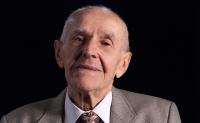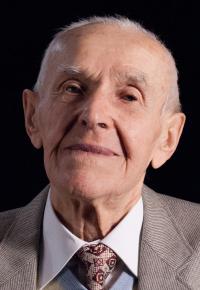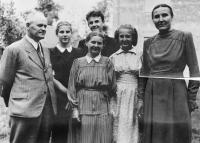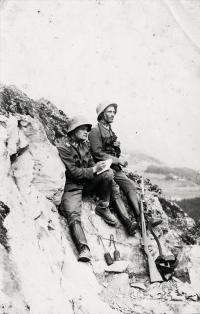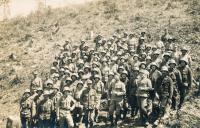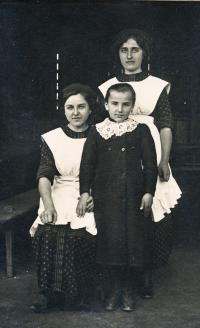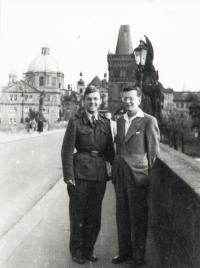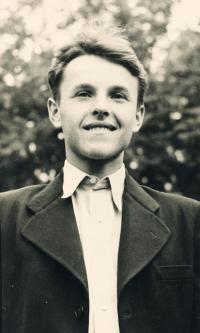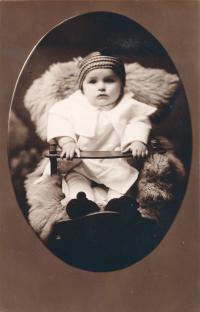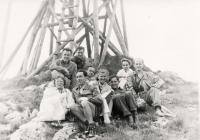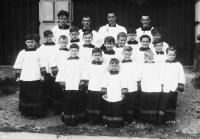Totalitarianism is evil which destroyed people morally and entangled them into its web

Stáhnout obrázek
Dušan Straňák was born on 19 August 1926 in Brno. He grew up in Velké Pavlovice where his father managed a state farm. In 1945 he witnessed the liberation of southern Moravia by the Soviet army. After the war he moved to Prague and started studying Faculty of Law at Charles University. On 25 February 1948 he took part in a student march through Prague, voicing support to president Edvard Beneš and protesting against the communist putsch. He also witnessed the march being broken up by the police. In 1950 he graduated from the faculty and stayed there as an assistant professor. He was later fired for his vocal discontent with the communist regime. Up until retirement he then worked in the Industrial Publishing House in Prague. He died in the end of November 2023.
